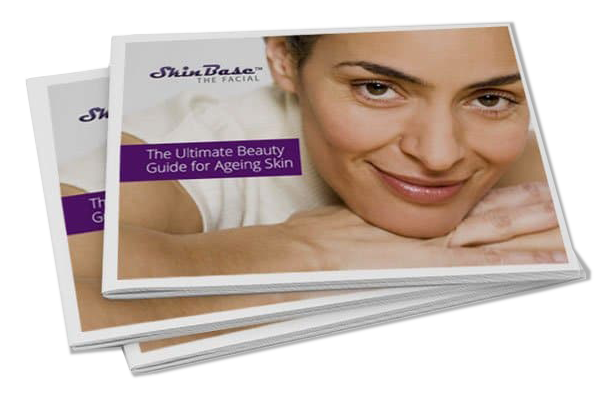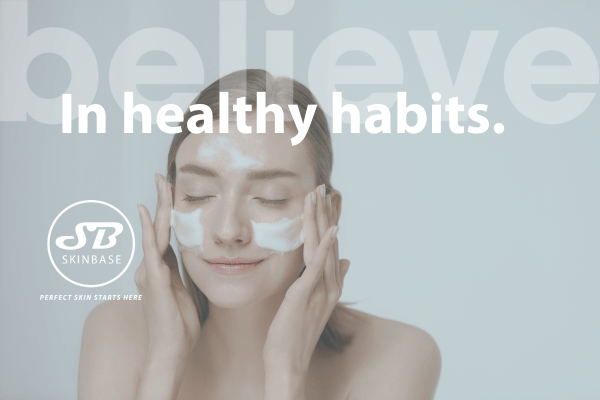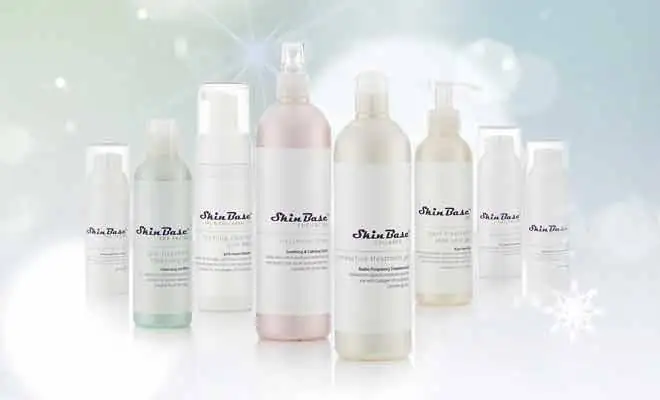Pimples appear at the most inconvenient times, and can be a source of frustration and embarrassment for many. It’s very tempting to give in to the urge to squeeze and pop them in hopes of getting rid of them quickly. However, skincare experts agree that popping pimples is a bad habit that can make your complexion worse. Find out three key reasons to stop popping pimples.
Download a FREE beauty guide
Discover our collection of free beauty guides.

Popping Pimples: Increased Risk of Infection
Popping a pimple breaks the skin’s barrier, creating an opening for bacteria to enter. The bacteria that were confined to the pimple have the opportunity to spread to the surrounding skin, leading to an increased risk of infection. This can result in redness, swelling, and sometimes even pus-filled sores that heal slower than the original pimple. In more severe cases, popping pimples can lead to conditions like cellulitis, a painful bacterial skin infection that requires medical intervention. By avoiding the urge to squeeze spots, you protect your skin from harmful bacteria and reduce the likelihood of infection, allowing the pimple to heal naturally.
Potential Scarring and Hyperpigmentation
Popping pimples can cause trauma to the skin, leading to inflammation and damage. The body’s natural response to this trauma is to produce collagen. While this sounds like a good thing, similar to the Collagen Lift process, there are potential problems. In some cases, the body may produce too much or too little collagen, leading to either hypertrophic scarring (raised scars) or atrophic scarring (depressed scars). Acne scarring is much harder to treat than acne symptoms, so be careful with your skin.
There is also an increased risk of hyperpigmentation when popping pimples. Squeezing a spot increases the chances of breaking blood vessels, which can result in post-inflammatory hyperpigmentation (PIH). PIH appears as dark spots on the skin, which can take months to fade away, if at all. By resisting the temptation to pop pimples, you decrease the likelihood of permanent scarring and hyperpigmentation, keeping your skin smooth and even-toned. If you are suffering with hyper -pigmentation, IPL or microdermabrasion could be the answer. Find your nearest SkinBase therapist.
Popping Pimples: Spreading the Infection
Pimples often occur in clusters or groups in specific areas of the face or body. When you pop one pimple, the pressure and force applied can cause the contents to spread to other pores. This process can lead to the development of new pimples. You might find yourself dealing with more breakouts than you started with. Repeatedly touching your face to pop pimples may also introduce additional dirt, oil, and bacteria to your skin, exacerbating existing acne and potentially causing new pimples to form. By avoiding popping pimples, you reduce the risk of spreading the infection and allow your skin to heal naturally, preventing the formation of new spots.
Find Your Nearest Therapist
While it’s entirely understandable to want to get rid of pimples quickly, popping them is not the solution. Instead, it can lead to infection, scarring, hyperpigmentation, and even more breakouts. Be patient, adopt a consistent skincare routine and get professional help. You can treat your acne and maintain a clear, healthy complexion. Find your nearest SkinBase Therapist to see how Microdermabrasion, Collagen Lift Ultimate and IPL can help you.

